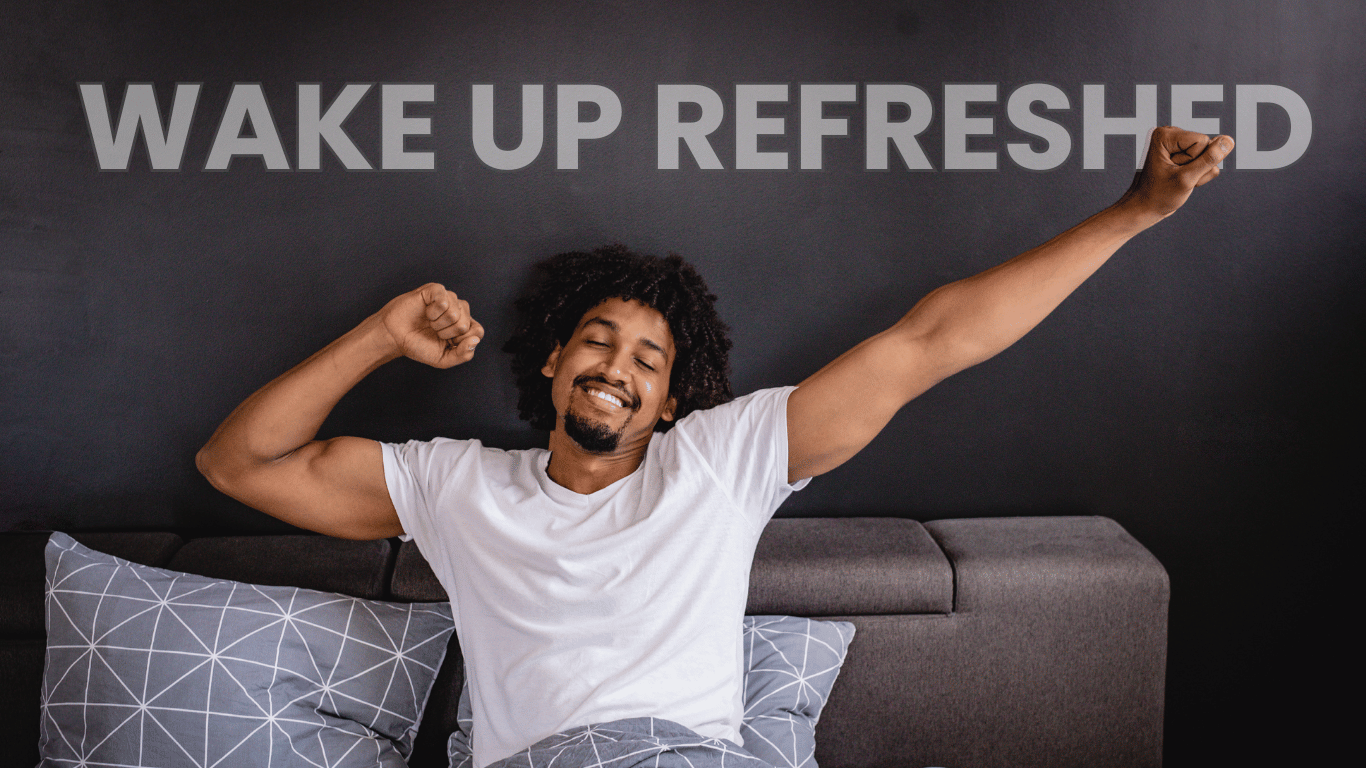Wake Up Refreshed: How Wearable Devices Improve Sleep Analysis

In today’s fast-paced world, achieving a good night’s sleep often feels like a challenge. With hectic schedules, endless screen time, and daily stressors, our sleep patterns can easily be disrupted. However, wearable technology is emerging as a powerful tool for both understanding and improving the quality of our sleep.
Wearable technology for sleep includes a wide range of devices designed to track and analyse sleep patterns. These devices come in various forms, such as smartwatches, fitness trackers, headbands, and smart rings. By monitoring parameters like heart rate, movement, and sleep stages, these wearables provide valuable insights into sleep quality and offer actionable suggestions to enhance it.
One of the primary functions of these devices is to monitor the overall quality of your sleep by tracking periods of inactivity, noting when you fall asleep, and recording when you wake up. They can detect interruptions in sleep by counting the number of times you toss, turn, or wake up during the night. Thanks to advancements in technology, modern sleep trackers can also analyse your sleep phases and even time your morning alarm to go off when you’re in a lighter stage of sleep, making it easier to wake up refreshed. Additionally, some devices can record environmental factors like bedroom light levels and temperature, which also play a role in sleep quality.
While these wearables are helpful, it’s important to note that they primarily track inactivity rather than directly measuring sleep. For more precise data, medical sleep studies use advanced techniques like brainwave monitoring to assess the quality of sleep accurately. However, wearable technology still offers a convenient and insightful way to monitor your sleep on a day-to-day basis.
The rise of wearable technology is revolutionizing the way we approach sleep. These devices empower individuals with personalized insights and recommendations, helping users take control of their sleep health. Whether you’re trying to manage a sleep disorder, enhance your overall well-being, or simply understand your sleep patterns better, wearables provide valuable tools to help you achieve your sleep goals. As technology continues to evolve, the potential for wearables to transform sleep and health management is vast, allowing us all to sleep and live better.
One platform making strides in health management is ProRiTHM. While it offers real-time data and personalized recommendations for various health metrics, ProRiTHM does not have sleep tracking capabilities. Instead, it focuses on monitoring heart rate, blood pressure, and ECG, providing users with crucial insights into their cardiovascular health. Though it doesn’t directly address sleep patterns, ProRiTHM remains a valuable tool for managing other chronic health conditions.
proRITHM : Pros and Cons
Pros :
-
- Comprehensive Health Monitoring: Tracks heart rate, blood pressure, and ECG, making it a robust tool for cardiovascular care.
- AI-Driven Predictive Analysis: Offers personalized health insights and recommendations for proactive management.
- High Device Comfort: Ensures users can wear it comfortably for extended periods, ideal for continuous health monitoring.
Cons :
-
- No Sleep Tracking: Lacks functionality for monitoring sleep patterns, which is a limitation compared to competitors focused on sleep health.
- Limited Environmental Monitoring: Does not track external factors such as room temperature or light, which can impact sleep.
Dozee: Pros and Cons for Sleep Monitoring
Dozee is another strong player in the sleep monitoring field, offering detailed sleep quality tracking along with vital signs monitoring like respiratory rate and heart rate.
Pros :
-
- Tracks Sleep Patterns and Vital Signs: Provides detailed analysis of sleep stages, interruptions, and quality, while also monitoring heart rate and respiratory rate.
- Comfortable and Non-Intrusive: Uses a contactless monitoring system placed under the mattress, making it very convenient.
- Environmental Monitoring: Capable of tracking external factors like light and temperature that can affect sleep quality.
Cons :
-
- No ECG or Blood Pressure Tracking: Limited in terms of overall health metrics compared to ProRiTHM.
- No Predictive Analysis: Does not provide AI-driven recommendations, limiting its scope for proactive health management.
Vigocare: Pros and Cons for Sleep Monitoring
Vigocare offers wireless monitoring solutions with a focus on ICU-level monitoring, but it also extends to sleep quality tracking.
Pros :
-
- ICU-Grade Monitoring: Offers advanced tracking of sleep interruptions and vital signs, making it ideal for those with more critical sleep and health issues.
- Basic Sleep Tracking: Tracks periods of sleep, interruptions, and basic quality analysis, making it useful for general monitoring.
- Wireless and Comfortable: Designed for ease of use, particularly in healthcare settings.
Cons :
-
- Limited Parameter Tracking: Does not offer advanced sleep-stage analysis or personalized insights like ProRiTHM.
- No Environmental Factors: Lacks the ability to track external influences on sleep such as room temperature or light levels.
Conclusion
While ProRiTHM, Dozee, and Vigocare each provide valuable tools for improving health, they cater to different needs. ProRiTHM, with its AI-driven insights and comprehensive health monitoring, is positioning itself as a top choice for individuals seeking an all-in-one health management tool. Although ProRiTHM currently lacks sleep tracking capabilities, it plans to introduce sleep analysis features in the future, further enhancing its utility as a holistic health platform.
In contrast, Dozee excels with its flexibility and environmental tracking, making it ideal for users who prioritize detailed sleep data without the need for intrusive wearables. **Vigocare**, meanwhile, shines in more clinical settings, offering basic sleep tracking along with high-grade vital sign monitoring for critical health care environments.
With the help of wearable technology and platforms like ProRiTHM, Dozee, and Vigocare, achieving better sleep and health management is now within reach, offering personalized solutions that cater to both everyday users and those with specific health concerns.
